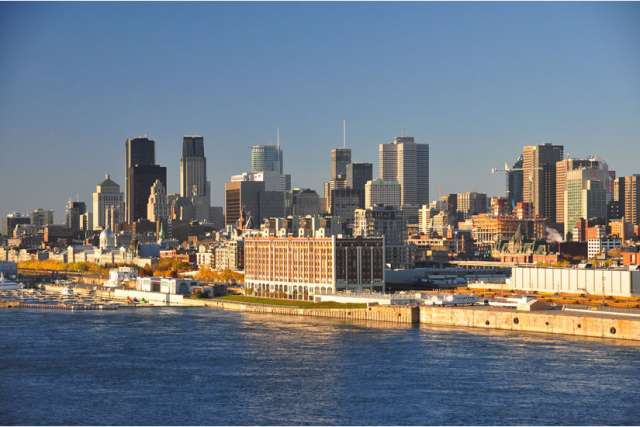A case in point is the English-speaking Catholic community in Montreal, which appears to be leaning against a lamppost while the organizations that form its identity wither and disappear.
For the past seven years, Loyola High School fought an almost single-handed battle to protect what remains of Catholic education in the city, especially for the English-speaking Catholic population. There were individuals who dedicated themselves fiercely to the fight. There were benefactors who gave generous support. But your average anglophone Catholic Montrealer? Most would meet with a blank-eyed stare any mention of Loyola’s fight. Trust me. I have seen the blankness.
More recently, in late 2014, Montreal’s venerable Catholic Times newspaper was quietly taken off life support. A small band of extremely dedicated people worked tirelessly to save the Times. The larger community shrugged. Though no death certificate has been issued, unless Lazarus is looking for a job as a newspaper editor, the publication is gone.
Now, as Alan Hustak of Ville Marie Online has reported, Montreal’s 80-year-old Catholic Community Services has been interred. Its board voted to transform itself into something called Collective Community Services, which immediately evoked images of a cell of greybeard Marxists running a one-truck recycling operation.
The public reason for the change, according to executive director Fred Jansen, was that Montreal’s equivalent of the United Way, Centraide, demanded the “Catholic” be removed from the title in order to continue receiving program funds. This proved embarrassing when Hustak called Centraide to check the claim and was told it was imaginative. A spokesman said Centraide has a long history of working closely with Catholic Community Services, had no problem continuing to work with Catholic Community Services, and never asked it to change its name.
Cue the chorus of scoffing at Jansen’s justification. Derision grew at his further explanation that Catholic had become Collective because the transformed entity would be less about Catholic faith, more about “shared values.”
As a chap I know said succinctly:”Don’t Catholics share values?”
Yet for all the hollowness of the excuse making, the hard fact is another cornerstone of Montreal’s English-speaking Catholic community has shed its faith-based identity and become another generic outfit doing good deeds.
It’s fair to say Montrealers who benefit from those good deeds will likely not care a whit where the help comes from. For those who are the givers, however, community identity is crucial. A community, after all, is identified not only by what it does, but why it does what it does. To give a good is a good thing. To give it as Catholics is a different good thing.
Call it the Mother Teresa model if you like. All is given to all. None is turned away. But the motivation remains implacably the expression of Catholic faith, of what it means to be Catholic, of why Catholics do things the things they do.
The memory of why Catholics do things can only be sustained through institutions. The obvious and primary institution is the Church herself. Secondary are the Catholic-identified community organizations and associations that Catholics form as Catholics when Mass is over and it is time to go out in the world.
Memory, in this sense, does not mean nostalgia: “Ah, happier times; oh, the good old days.” No. It is not just a hearkening back. It is, far more importantly, a calling forward. For a demographically imperilled minority such as Montreal’s English-speaking Catholics, the institutions created to ensure that “calling forward” are the crucibles of identity, formation and leadership. Where do young anglophone Montrealers gain anything of those things “as Catholics” without a school, an information medium, a place to begin to serve? From within the amphorous secular collective community? Sadly, no. Not as Catholics anyway.
(Stockland is publisher of Convivium magazine and a senior fellow with Cardus.)


